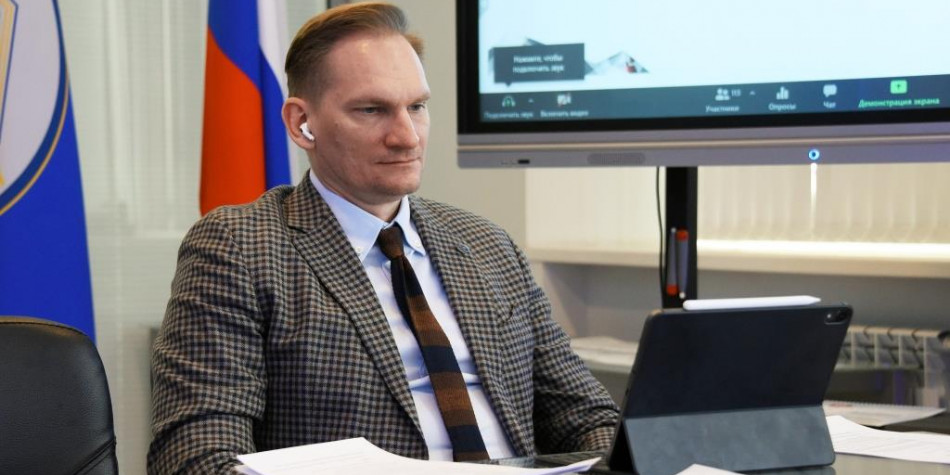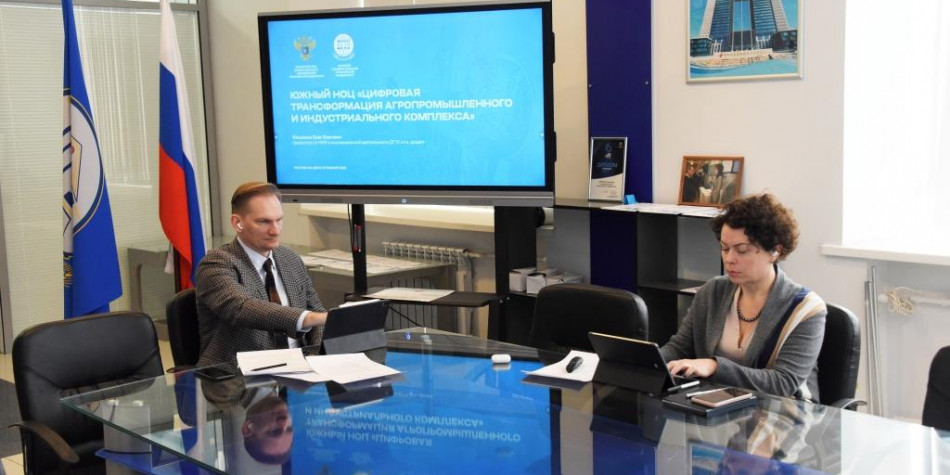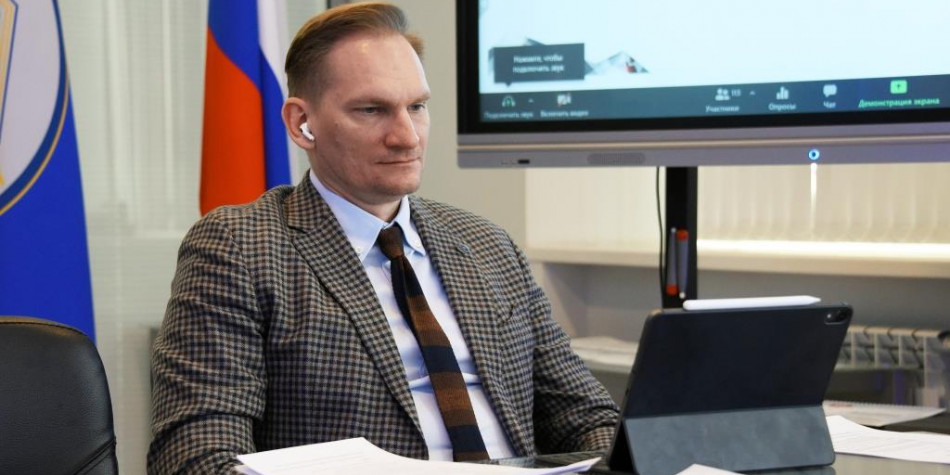
Within the framework of the online consultation seminar " Digitalization of agricultural enterprises. Experience of Germany and Russia", held on January 21, Vice-rector for Research and Innovation Oleg Polushkin spoke about the goals and objectives of the world-class Southern Research and Education Center.
Until 2024, 9 projects will be implemented under the Southern REC program, which will increase the efficiency of agricultural production, including through the modernization of promising agricultural machines and the introduction of artificial intelligence technologies in agricultural management. One of the key tasks solved within the framework of these projects is to increase the safety of grown agricultural products from diseases and spoilage during transportation and storage, which is designed to make them as safe as possible for human health.
To implement the projects, new production lines will be created at Rostselmash and Rostvertol, Kamenskvolokno, Atlantis-PAK and TANTK im. Berieva".
– The UN goal in the field of sustainable global development is to eliminate hunger, ensure world food security and improve the nutrition of the world's population. The mission of the Southern REC coincides with this goal – " said Oleg Polushkin. - The results of projects implemented within the framework of the UNOC consortium by leading universities and scientific organizations in the region will increase the yield of agricultural products by up to 40%, reduce the cost of agrochemicals and fertilizers by at least 20%. By 2024, the products and technologies implemented by industrial partners united by the Southern REC platform will allow them to take a global market share of at least 173 billion rubles, as well as at least 220 billion rubles in the market of agricultural machinery and its components.
According to Oleg Polushkin, the most important effect of implementing UNOC projects will be providing the population with healthy and healthy food products, as well as developing technologies for continuous monitoring of human health and food safety.
Oleg Kholodov, Head of the Department of Scientific, Technical and Personnel Support of the Agro-industrial Complex of the Ministry of Agriculture and Food of the Rostov Region, spoke about the state and prospects of digitalization of the agricultural sector in the Don region. He noted that the development of digital infrastructure stimulates the growth of the Rostov region's economy. Today, the region already provides 5% of Russia's GDP in agriculture, production
the amount of equipment and software is about 300 billion rubles a year.
– I am impressed with the results of digitalization of agriculture in the Rostov region. The tasks you set are extremely important, and your potential, I am sure, will allow us to effectively solve them, - said Jurgen Schwarzensteiner, founder and head of Farmtastic Consulting GmbH. - Thanks to the implementation of smart agriculture projects, the region will save money and increase yields.
During the meeting, a German expert on the example of Bavaria spoke about the state and prospects of digitalization of German agriculture and the possibilities of using digital technologies to increase the profitability of agricultural enterprises.
Jurgen Schwarzensteiner shared his experience of successful implementation of smart technologies in the agricultural sector. According to him, in agricultural companies and farms, it is necessary to create digital card files of land plots for constant monitoring and analysis of the current situation, as well as maps of plant biomass, low-and high-yield areas for timely fertilization and increasing land fertility.
Recall that among the participants of the Southern REC "Digital transformation of the agro-industrial complex" are 8 universities of the Rostov region, 4 scientific organizations (including the Southern Scientific Center of the Russian Academy of Sciences and the Agricultural Research Center), 12 enterprises (including the flagship of the Russian combine engineering company Rostselmash), leading agricultural producers, leaders of the IT industry, as well as 3 development institutes. DSTU is the coordinator of the Southern REC program implementation. The mission of the Southern REC is to create and promote technologies on world markets that can provide food to 9 billion people by 2050.




